'My friends and I can't get the bus together'
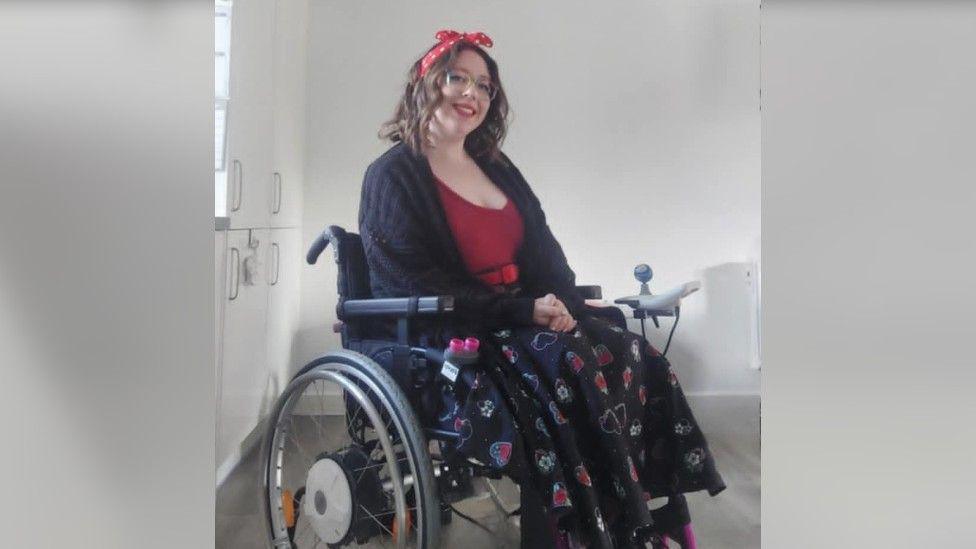
Francesca Lane said she was sometimes refused boarding on buses because they could only carry one wheelchair
- Published
For many people, getting the bus is an easy way to travel around with their friends.
But for wheelchair users, it can be much more difficult.
Francesca Lane, a wheelchair-user who lives in Arborfield, Wokingham, said when she meets up with friends who also use wheelchairs, they have to get on separate buses and meet at their destination because buses cannot carry more than one wheelchair.
Reading Buses said they could only carry one for safety reasons, but Ms Lane said more needed to be done to help make travel more accessible to everyone.
'Quite difficult'
Under government guidelines, a bus driver can refuse a wheelchair user entry to the bus if there is already a wheelchair in the wheelchair space.
Ms Lane said many of her friends are also wheelchair users, which makes travel "quite difficult".
"If I want to go into town with a friend I have to get a bus first and then I have to wait in town and then they have to get the one after me so that we can eventually meet in town together," she said.
She also said she sometimes had to ask friends or family to come and pick her up after being refused entry to the bus.
"I've been left in the rain, in the wet and the cold with an electric wheelchair," she said.
"That's dangerous for your wheelchair."
Speaking on a visit to Brighton on 3 December to see the city's accessible buses, local transport minister Simon Lightwood said he wanted operators "across the country" to learn from the way buses are designed in Brighton.
"We want to build a transport system that works for everyone," he said.
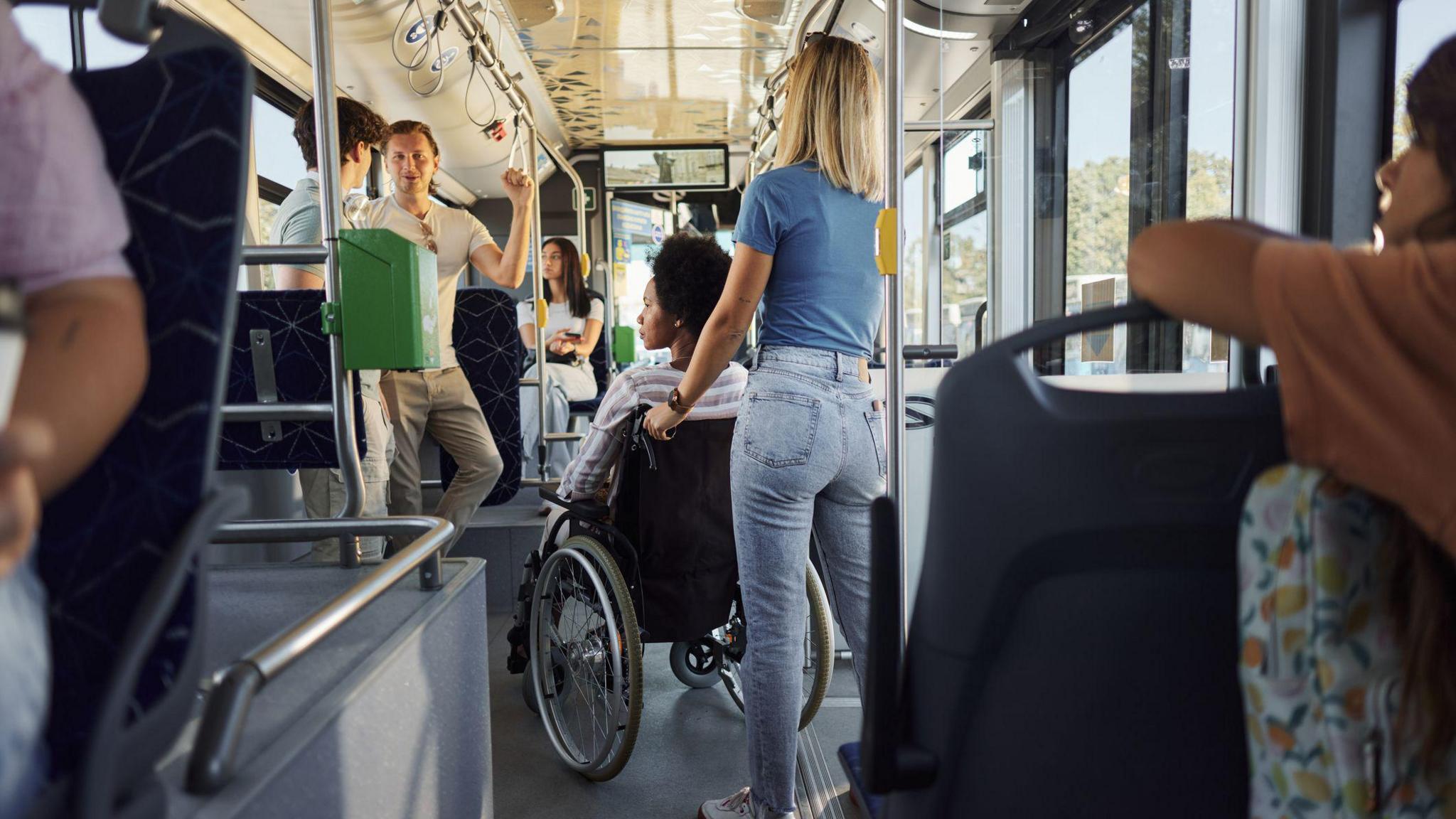
Bus drivers can refuse boarding to wheelchair users if there is already a wheelchair on board
Wokingham Borough Council has recently made local bus travel free for people at all times with a disabled bus pass - something that used to only be the case between 09:00 GMT and 23:00.
Ms Lane said she had to adjust her working hours to accommodate the previous time restriction, and welcomed the recent change.
"They took on the feedback from the disabled community who told them 'we've got appointments to get to, we work, we don't just go out after 09:30 and we don't just stop going out after 23:00'," she said.
"We do other things, we have lives... we're heading in the right direction."
A spokesperson for Reading Buses said they needed to make sure wheelchair users could be carried safely, and a special backrest in the wheelchair bay prevented the chair from tipping over if the driver had to break suddenly - which was why they could not have wheelchair users travel in any other part of the bus.
They said it was "very rare" for the wheelchair space to be occupied, and providing additional wheelchair bays would mean they had to reduce handrails and seats.
"We therefore have to balance a wide range of demands," they said.
They added they were closely monitoring reports regarding disabled access to make sure they were getting the balance right.
Get in touch
Do you have a story BBC Berkshire should cover?
You can follow BBC Berkshire on Facebook, external, X (Twitter), external, or Instagram, external.
More stories like this
- Published7 July 2024
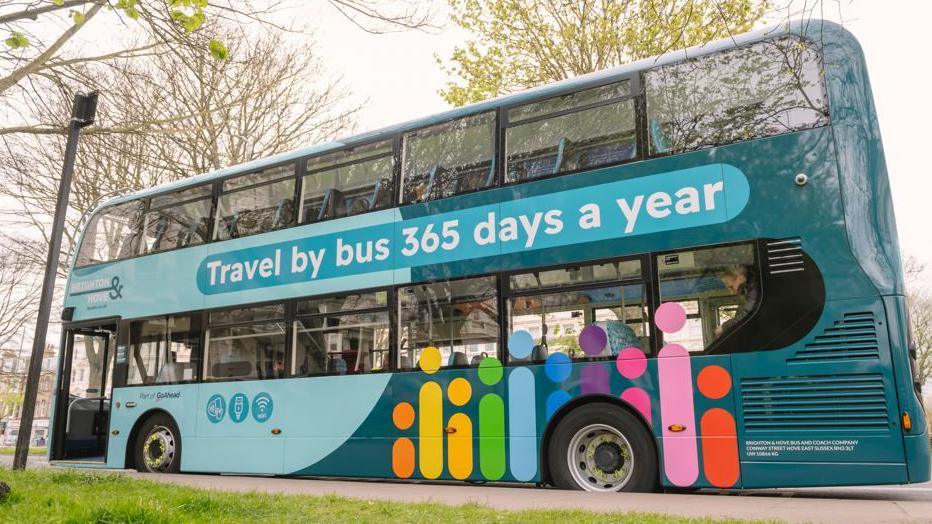
- Published26 September 2024
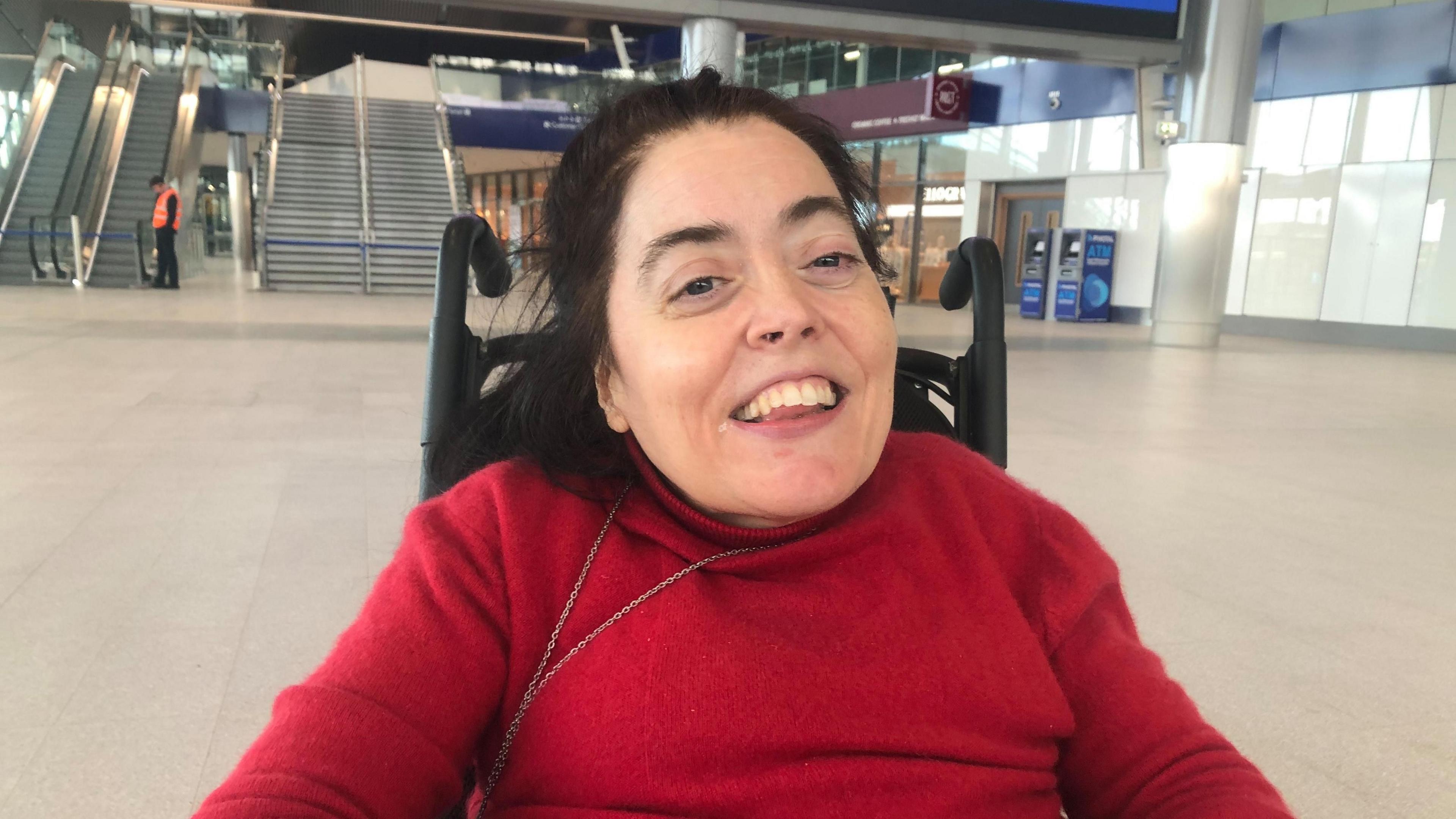
- Published26 April 2024
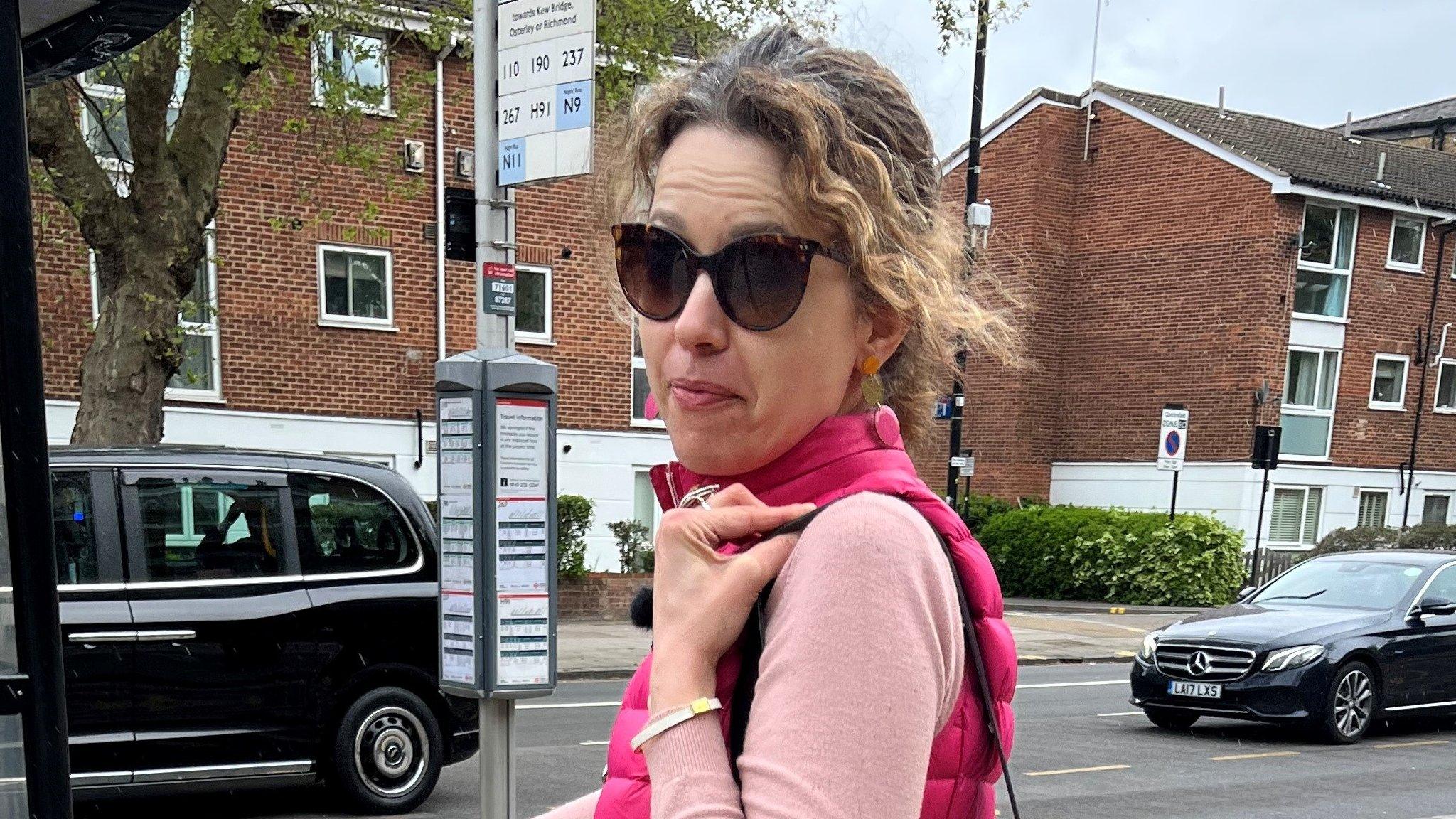
- Published18 January 2017
